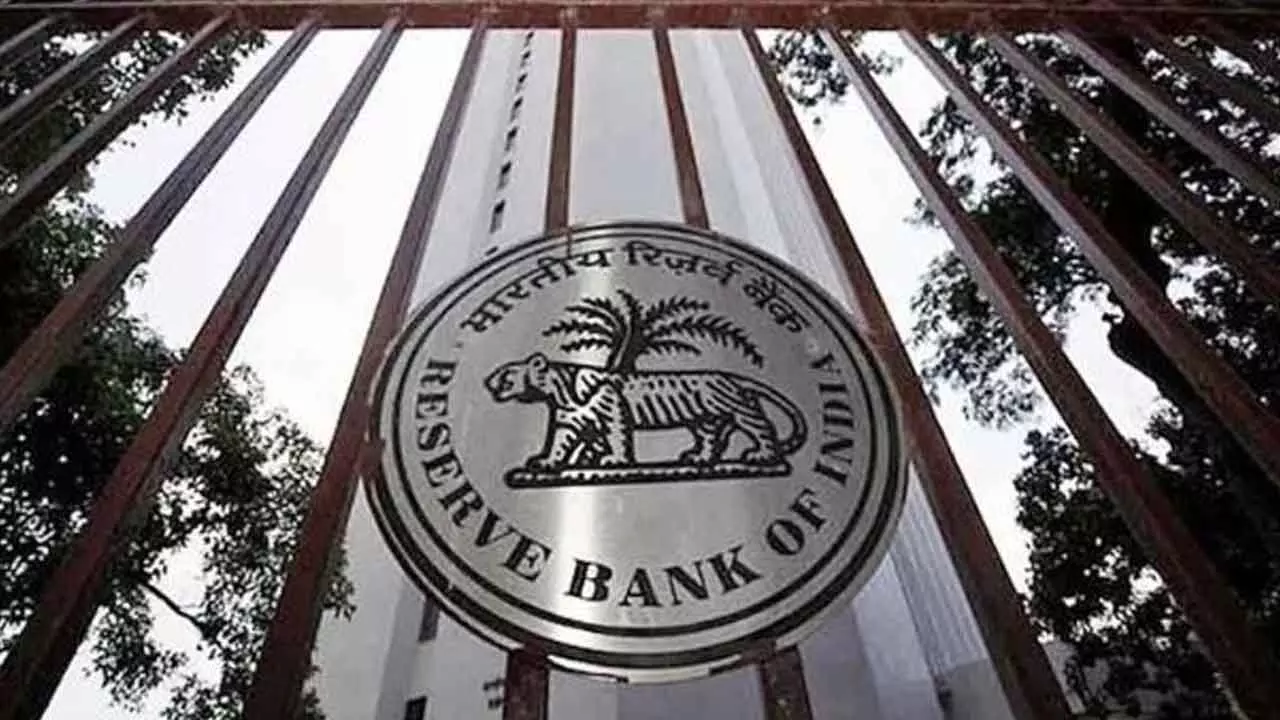RBI Proposes To Expand The Ambit Of Co-Lending
Priority sector lending to agri, micro-enterprises, weaker section loans
RBI Proposes To Expand The Ambit Of Co-Lending

New Delhi: Reserve Bank of India (RBI) Governor Sanjay Malhotra on Wednesday announced a major proposal to liberalise the RBI’s co-lending guidelines for banks and NBFCs to expand their ambit beyond priority sector lending to which they are currently restricted.
The present framework limits co-lending to partnerships between banks and non-banking financial companies (NBFCs) to priority sector lending such as agriculture, micro-enterprises and loans to weaker sections.
The RBI now plans to introduce a more inclusive framework that to include all regulated entities and all types of loans. The extant guidelines on co-lending are applicable only to arrangements between banks and NBFCs for priority sector loans. In light of the evolution of such lending practices, and the potential of such lending arrangements in catering to the credit needs of a wider segment in a sustainable manner, it has been decided to expand the scope for co-lending and issue a generic regulatory framework for all forms of co-lending arrangements among regulated entities.
The draft guidelines are being issued for public comments, according to an RBI statement. “To exploit the huge potential of such lending arrangements, it is proposed to extend them to all regulated entities and to all loans – priority sector or otherwise,” Malhotra said while announcing the monetary policy review.
Co-lending involves a partnership between a primary lender, typically a bank, and a co-lender which can be another bank, NBFC, or fintech company. Both lenders contribute to the loan amount, sharing the financial burden and potential returns.
The risks and rewards associated with the loan are also shared between the lenders, based on their contribution to the loan. The RBI has also decided to harmonise and consolidate guidelines covering non-fund based (NFB) facilities like Guarantees, Letters of Credit, Co-Acceptances etc.

